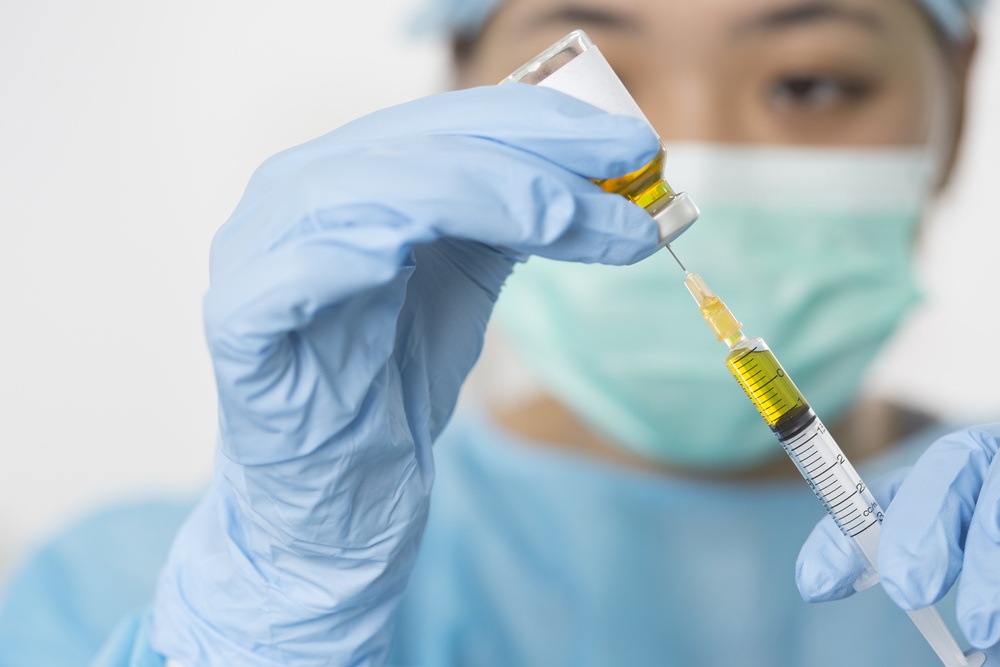
More than 135 researchers, representing 10 medical centers designated by the U.S. government as a Regional Ebola and other Special Pathogen Treatment Center (RESPTC), recently convened at the National Ebola Treatment and Education Center (NETEC) at Emory University in Atlanta for a two-day event to share experiences and best practices in dealing with deadly viral pathogens.
The event featured specialized working groups for attendees which covered topics such as EMS transport logistics, laboratory specimen transport, caring for pediatric patients with infectious diseases, and the ethics of treatment in a biocontainment unit.
“Based on the dialogue and focus at these NETEC meetings and beyond, we are finding that many hospital systems are a lot farther along in their thinking and planning than we were prior to the Ebola epidemic,” Colleen Kraft, associate professor of pathology at the Emory University School of Medicine, said. “That preparedness will not only help us give the best care to our patients, but it will also help keep our health care providers safe from illness.”
Attendees also had the opportunity to hear a keynote speech from Michael Jacobs of the Royal Free London Hospital, who detailed how high-consequence infectious diseases are managed in the United Kingdom and how his medical center successfully cared for three Ebola virus disease (EVD) patients in 2014.
The NETEC is led by personnel from Emory University, the University of Nebraska Medical Center/Nebraska Medicine and NYC Health + Hospitals/Bellevue, each of which successfully treated patients during the 2014 EVD outbreak.
Currently, there are more than 50 Ebola treatment centers throughout the United States which specialize in various stages of preparedness and planning.
Ebola virus disease is a viral hemorrhagic fever with symptoms including vomiting, rash, fever, muscle pain and severe headaches. The disease carries a high risk of death, with an average of 50 percent of patients succumbing to the virus’ lethal effects according to the World Health Organization (WHO).




